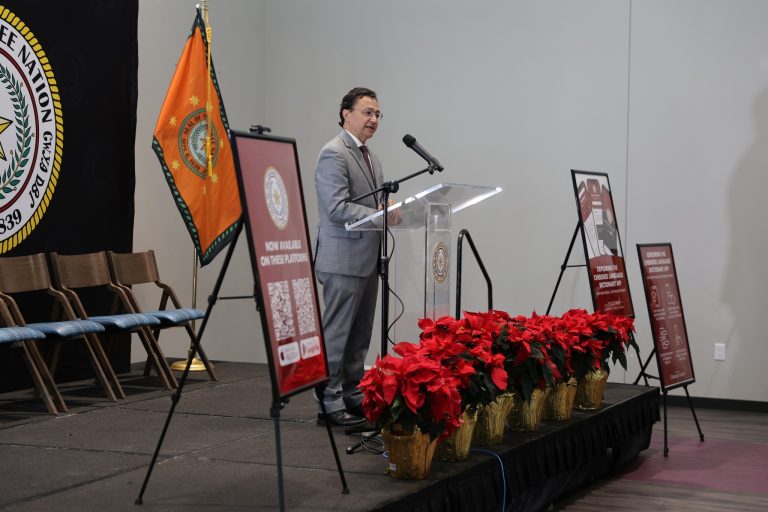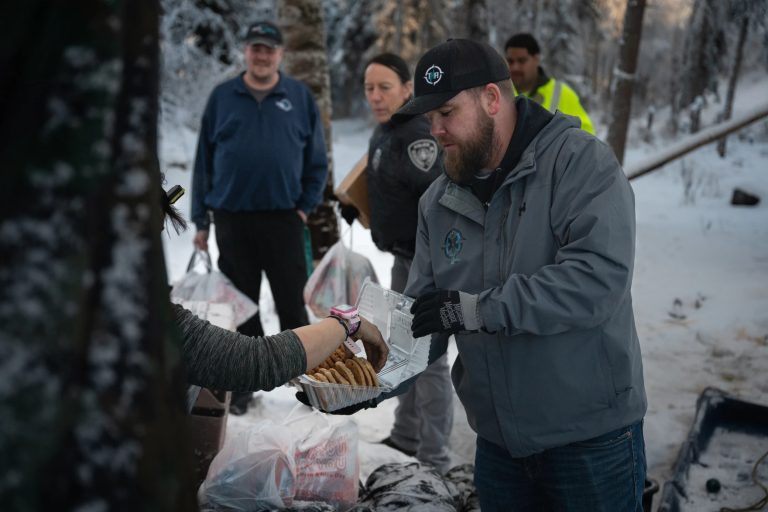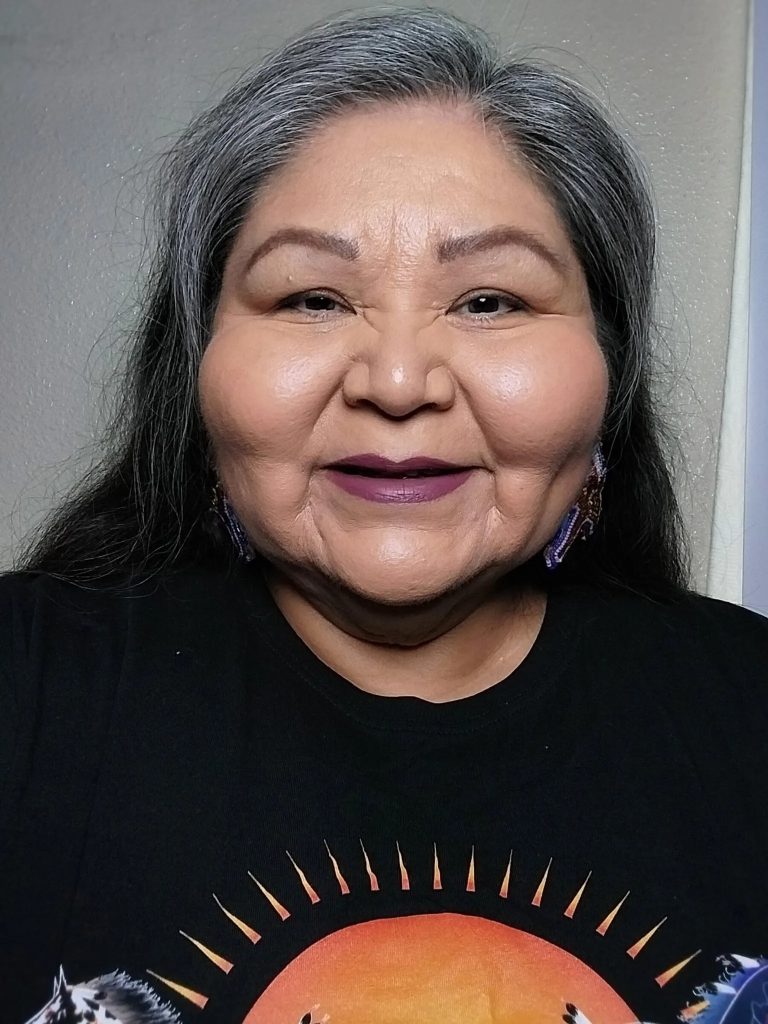Podcast: Play in new window | Download | Embed
Lake County commissioners Thursday delayed a decision about whether to stop county law enforcement work on the Flathead Reservation.
Montana Public Radio’s Aaron Bolton reports the county is waiting for a court to weigh in.
Lake County commissioners pushed back the effective date for a resolution that would have stopped law enforcement services on the Flathead Reservation this week.
Commissioners say the county will continue policing the reservation while a court case to determine whether the county or state is financially responsible for that work plays out.
The county filed that lawsuit last year.
Gov. Greg Gianforte (R-MT) recently vetoed a bill to pay Lake County $5 million over the next two years, arguing the state isn’t responsible for paying for law enforcement on the reservation.
Lake County, the state, and the Confederated Salish and Kootenai Tribes (CSKT) entered into an agreement in the 1960s giving the county police jurisdiction, but it’s long been a question of who pays for those services.
The CSKT have repeatedly declined to comment on the issue.
The Lake County district court could make a ruling on the case this summer.

Yukon Kuskokwim Health Corporation Hospital in Bethel, Alaska, in October 2014. (Photo: Tiffany Beardslee/Wiki CC)
A new study in Southwest Alaska on COVID-19 vaccinations shows a high rate of success.
As reported in the Alaska Beacon, the Yukon Kuskokwim Health Corporation (YKHC) tracked COVID cases throughout 2021 and found vaccines were 92% effective in preventing hospitalizations over the year.
They also helped to head off serious cases.
The mostly Yup’ik communities in the region have no road systems to distribute the vaccines, a lack of piped water and sanitation systems, and chronic overcrowding in homes – factors that put them at high risk for the spread of COVID.
Tribal governments and other health organizations helped to mobilize bush planes and snow machines to get the vaccine out to remote areas.
The study found that protection waned as the virus mutated but bounced back after booster shots.
YKHC says the study could have lessons for tribes across the nation.
 The recognition for an Alaska Native soldier comes almost eighty years after he died in action in World War II.
The recognition for an Alaska Native soldier comes almost eighty years after he died in action in World War II.
Rhonda McBride from our flagship station KNBA brings us the story of Pfc. George Fox, who grew up in Unga, a tiny village in the Shumagin Islands, that today has no inhabitants.
He signed up for the Army in 1941 just after the bombing of Pearl Harbor.
The last his family heard from him was in a letter to his father, dated May 17, 1944, written in Italy, in which he downplayed the dangers he faced.
He said he was finally seeing a little action, but told his family not to worry about him.
Instead, he asked about the price of salmon and wrote, “I sure would like to be fishing again. This makes three seasons that I’ve missed.”
Two weeks later, Pfc. Fox died near Anzio Beach, a bloody campaign in which Allied Forces lost 800 soldiers a day.

“He was literally fighting the Nazis. A bomb exploded near him.”
Michael Livingston has spent almost a decade researching Pfc. Fox’s story.
He says he one of the forgotten soldiers of World War II – and the only Unangax to die in that war.
He says Pfc. Fox was buried in Italy, his remains later sent to Unalaska, where he was buried in an unmarked grave on a rocky hillside next to his mother, hidden underneath bushes that grew over his grave.
“Eighty years is really a long time for unfinished business. Pfc. George Fox should have been recognized in 1944 after he was killed in action.”
Last year, a headstone went up on Pfc. Fox’s grave followed by a full military ceremony.
This year, efforts to acknowledge his service continue. Pfc. Fox’s name was added to a fallen soldier’s memorial in Anchorage.
“You can see at the very bottom here, Pfc. George Fox’s name has been added, it was just added a few days ago. This is the first time that, since this wall was erected, that a new name has been added.”
Livingston doesn’t know why Pfc. Fox’s service was forgotten, possibly because he was an Alaska Native from a remote part of the world.
Livingston took some rubbings of the engraving for Pfc. Fox’s family.
As the black crayon rubbed the paper, and Pfc. Fox’s name emerged, Livingston said it was metaphor for what had happened – that Pfc. Fox’s sacrifice, once forgotten, is now finally coming into focus.
Get National Native News delivered to your inbox daily. Sign up for our newsletter today.



